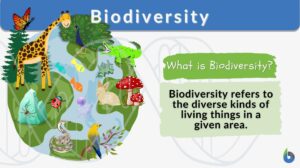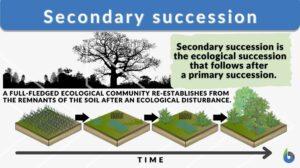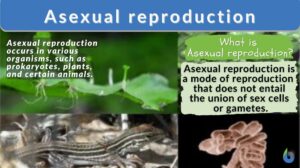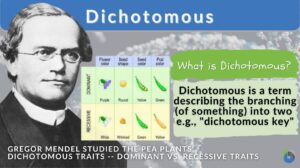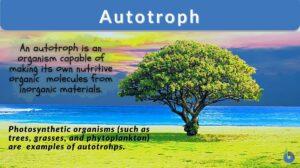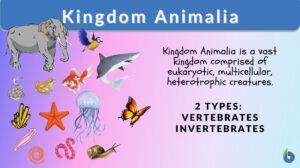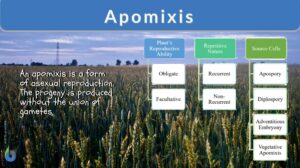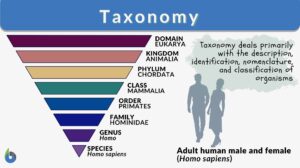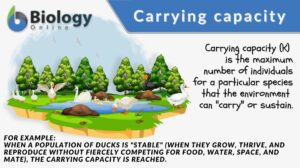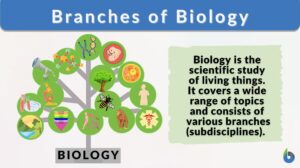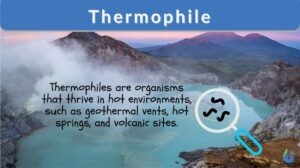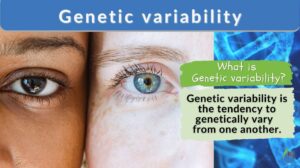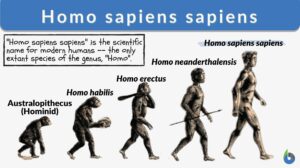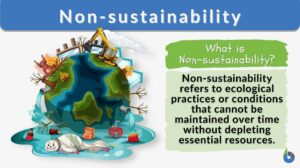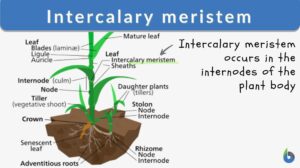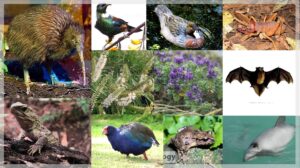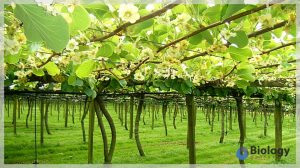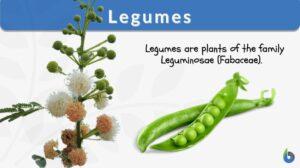Search Results for: agriculture
Agriculture
Agriculture The science of raising plants and/or animals for food, clothing or other useful products. The practice of... Read More
Biodiversity
The biological world or life on earth is a marvel that has amazed us since time immemorial. The rich natural diversity of... Read More
Unicellular
Unicellular organisms are organisms consisting of one cell only that performs all vital functions including metabolism,... Read More
Secondary succession
We all have come across news where forest lands got destroyed by wildfires. Or sometimes we have read about an entire... Read More
Growth and Plant Hormones
Growth All living organisms begin in the same form: as a single cell. That cell will divide and the resulting cells will... Read More
Calvin cycle
Calvin Cycle Definition The Calvin cycle, also known as the Calvin Benson cycle or the dark reactions, is a series of... Read More
Asexual reproduction
Asexual Reproduction Definition What is asexual reproduction? Asexual reproduction is a type of reproduction that does not... Read More
Dichotomous
Several English words are widely used across different fields of Science. One such term is dichotomous. We often use this... Read More
Kingdom Animalia
Kingdom Animalia Definition Each person can say that they know of or can name at least one animal. However, do people know... Read More
Waste management
Waste management refers to the various schemes to manage and dispose of wastes. It can be by discarding, destroying,... Read More
Carrying capacity
Carrying Capacity Definition What is carrying capacity? In biology and environmental science, the carrying capacity of a... Read More
Branches of biology
What is a Branch of Biology? A branch of biology is a specialized field or a sub-discipline in a much broader field of... Read More
Hydroxide ions
Hydroxide is a polyatomic ion consisting of oxygen and hydrogen: OH− It has a charge of −1. Hydroxide is one of the... Read More
Hybridization
Definition noun, plural: hybridizations (reproductive biology) The act or process of mating organisms of different... Read More
Thermophile
Thermophiles Definition What are thermophiles? Let us first understand the literal meaning of the word ‘thermophile’.... Read More
Genetic variability
Genetic Variability Definition Genetic variability refers to the tendency of individual genetic characteristics in a... Read More
Crop yield
Definition noun The amount of plant crop (such as cereal, grain or legume) harvested per unit area for a given... Read More
Homo sapiens sapiens
Homo sapiens What are homo sapiens? Homo sapiens is the species of all the highly developed primates on earth, a category... Read More
Non-sustainability
Non-Sustainability Definition Non-sustainability is the state in which human consumption or activities exceed the ability... Read More
Abiotic Fixation
Definition noun It is part in nitrogen cycle wherein atmospheric nitrogen fixation carries out non-living components to... Read More
Rivet Hypothesis
Definition noun It is a theory that entails about the conditions of ecosystem wherein a significant loss of a certain... Read More
Intercalary meristem
The basic structural framework of plants is composed of different types of tissues. Based upon the capacity to divide, the... Read More
Demographic transition
The demographic transition model is a theoretical framework that explains the historical shift in population dynamics as a... Read More
Forest fire
Definition noun, plural: forest fires A wildfire that consumes a forest or a woodland Supplement A wildfire is a... Read More
New Zealand’s Biodiversity
Written by: Maria Victoria Gonzaga Peer-reviewed by: Cathy Buntting, Ph.D. and Andrea Soanes Why is New... Read More
Biosecurity and Biocontrol
By: Maria Victoria Gonzaga In the previous lesson, we learned about the importance of modern science... Read More
Ecology & Biodiversity: New Zealand Flora & Fauna
New Zealand is known for its unique biodiversity, caused by its remarkable geography and geologic history. Breaking away... Read More
Tools and Methods for Data Collection in Ethnobotanical Studies of Homegardens
Tools and Methods for Data Collection in Ethnobotanical Studies of Homegardens CHRISTIAN R. VOGL BRIGITTE VOGL-LUKASSER... Read More
The consequences of antibiotic use in horticulture
Leading articles Frederick R. Falkiner* Department of Clinical Microbiology, Trinity College, Dublin; Central Pathology... Read More
SENI Biometric Analysis on the extinct Scincidae species: Macroscincus coctei (underlined)
Brian L. Schnirel Leeway Corucia Research Center (LCRC) Courtesy: Polyphemos (2004) Introduction: It has been... Read More

